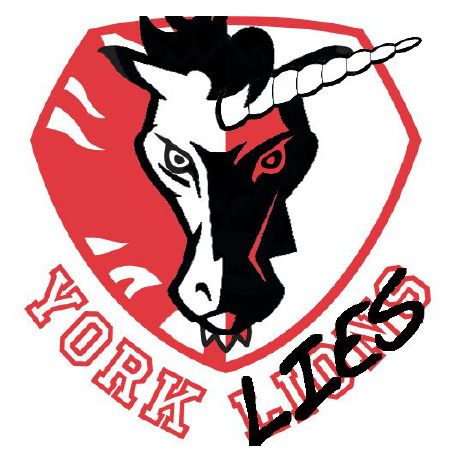On Wednesday, January 27, the employer met with CUPE 3903 to present the “radically different” funding model they have been dangling before us since mid-December, including as part of our first arbitration date. On the whole, the presentation was woefully incomplete on several levels, especially in terms of thinking through how these new funding models interact with our collective agreements. The presentation, framed as a consultation, was unsatisfactory in answering many of our questions; below is what we know so far.
New funding model: Fellowships
The essence of the new funding model would be to replace the current system with “fellowships”, which are amounts meant to universalize funding packages and cover tuition. A different amount would be set out for domestic Masters students, international Masters students, domestic PhD students, and international PhD students. Fellowships would contain any work done as a TA or GA, grant-in-aid (GIA) and Graduate Financial Assistance (GFA). As the latter varies by year of study to reflect the decreased use of university resources post-coursework, it is not clear how these would be integrated in a fellowship that applies equally to all students sharing the same degree and student status.
This deeply affects Unit 3
While PhD students would continue working as Teaching Assistants, the plan is to guarantee funding for Masters students without giving them any work. While this may at first glance seem like York is paying Masters students to study, they are saving enormous amounts of money by taking work away from these students. Without work, Masters students would not be unionized, and would thus lose access to benefits and funds. In health benefits alone, all members are entitled to a maximum of $6400 plus 100% prescription coverage per calendar year. The employer has said that they are looking into health plans that could cover the Masters students left out of the union, but the amount floated was $1000. The Ways and Means Fund, Extended Health Benefits, Child Care Fund, Trans Fund, funding extensions for students with disabilities, and many more funds and benefits that we have spent decades building and fighting for fall out of reach of Masters students. Moreover, any new funding arrangement would not be enshrined in a collective agreement, and therefore could not be legally protected.
What’s happening to all the Graduate Assistantships (GAs)?
Implying that most GAs are only “make-work”, the employer plans to review all departments and decide which are “legitimate” GAs. Those that remain will be posted and students can apply to them. Essentially, this decimates Unit 3. On the other hand, the employer has said that they want to increase the number of graduate students working on research projects with faculty. They don’t appear to understand that we consider this sort of work as part of Unit 3, and not an RA (While “RA” stands for “Research Assistantship”, in York’s context, if a member is working on someone else’s research, this is considered work and thus coded as a GA).
What this means for tuition indexation
At this point, it’s not completely clear what implications this funding model has for tuition indexation in general, or our grievance currently at arbitration in particular. The employer does claim that they support indexing these fellowships to increases in tuition. Questions about whether our current language supports this or not, and whether they’d code the fellowships as tuition waivers to avoid the wording of the language as it exists right now were not answered.
Looking forward to bargaining
Our current collective agreements expire at the end of August 2017. It seems apparent that the employer is hoping to negotiate some substantial changes to our collective agreements in order to make these fellowships as they envision them functional. This is a time for mobilization; it will be up to the membership to decide what parts of this new funding model, if any, we agree to without a fight.

